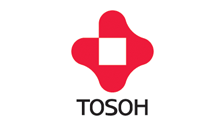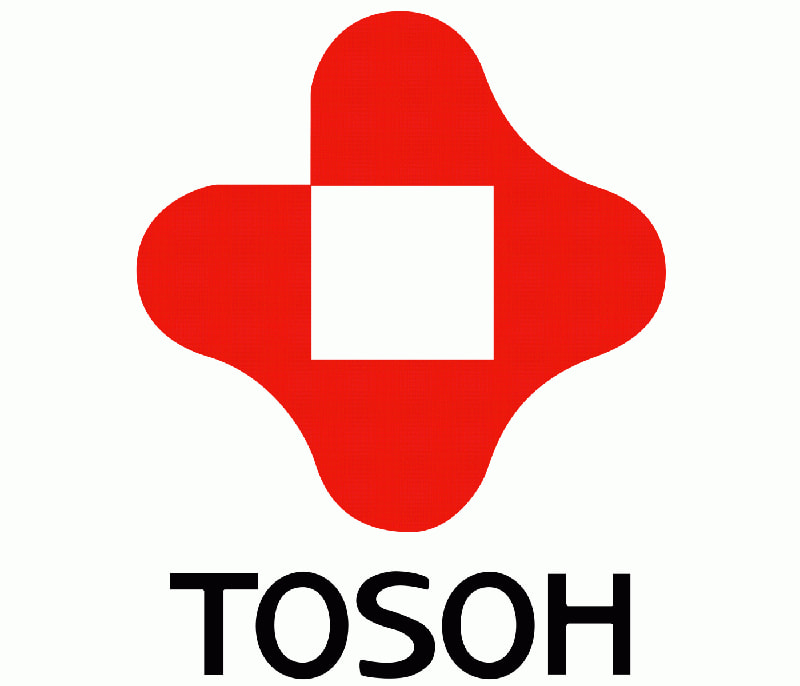Introduction
Degradation studies of biotherapeutic proteins are necessary to test their stability. The best way to test the suitability of a method is the use of real-time stability samples containing all relevant degradation products that might occur over time. Certain factors, such as product development timeline, process characteristics, excipients, and other environmental factors, however, make the use of a forced degradation study necessary. The biological phenomenon of protein aggregation is a major issue in therapeutic protein development, since the presence of these impurities reduces the potency of the drug formulation, even if non-toxic. Monoclonal antibody proteins, widely being used in the field of biotherapeutics, with the potential to replace small molecules in the future, must be free from these aggregate impurities.

In order to fully evaluate the aggregates, a size exclusion column is needed which has a large enough molecular exclusion limit, so that the higher order aggregates are not excluded in the void but separated as a function of hydro-dynamic volume. This application note will show the superior resolving power of the TSKgel UltraSW Aggregate column for the analysis of monoclonal antibody and metalloprotein aggregates formed under forced denatured conditions, including acid and thermal denaturation.





